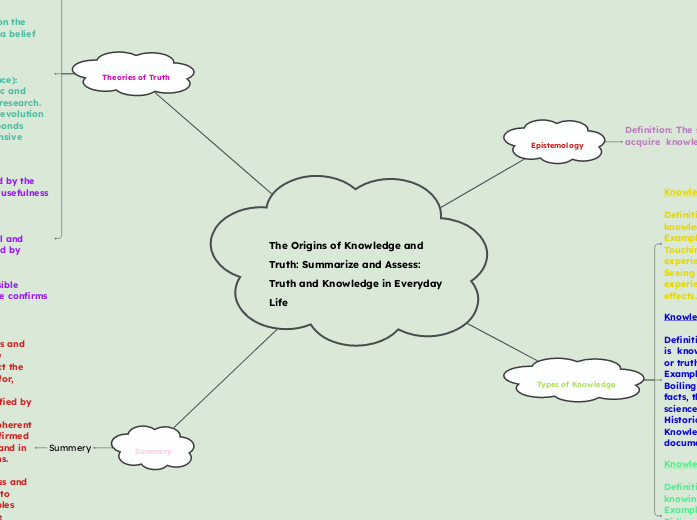realizată de Karina Mbakwe 1 an în urmă
155
The Origins of Knowledge and Truth: Summarize and Assess: Truth and Knowledge in Everyday Life

realizată de Karina Mbakwe 1 an în urmă
155

Mai multe ca acesta